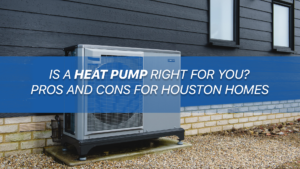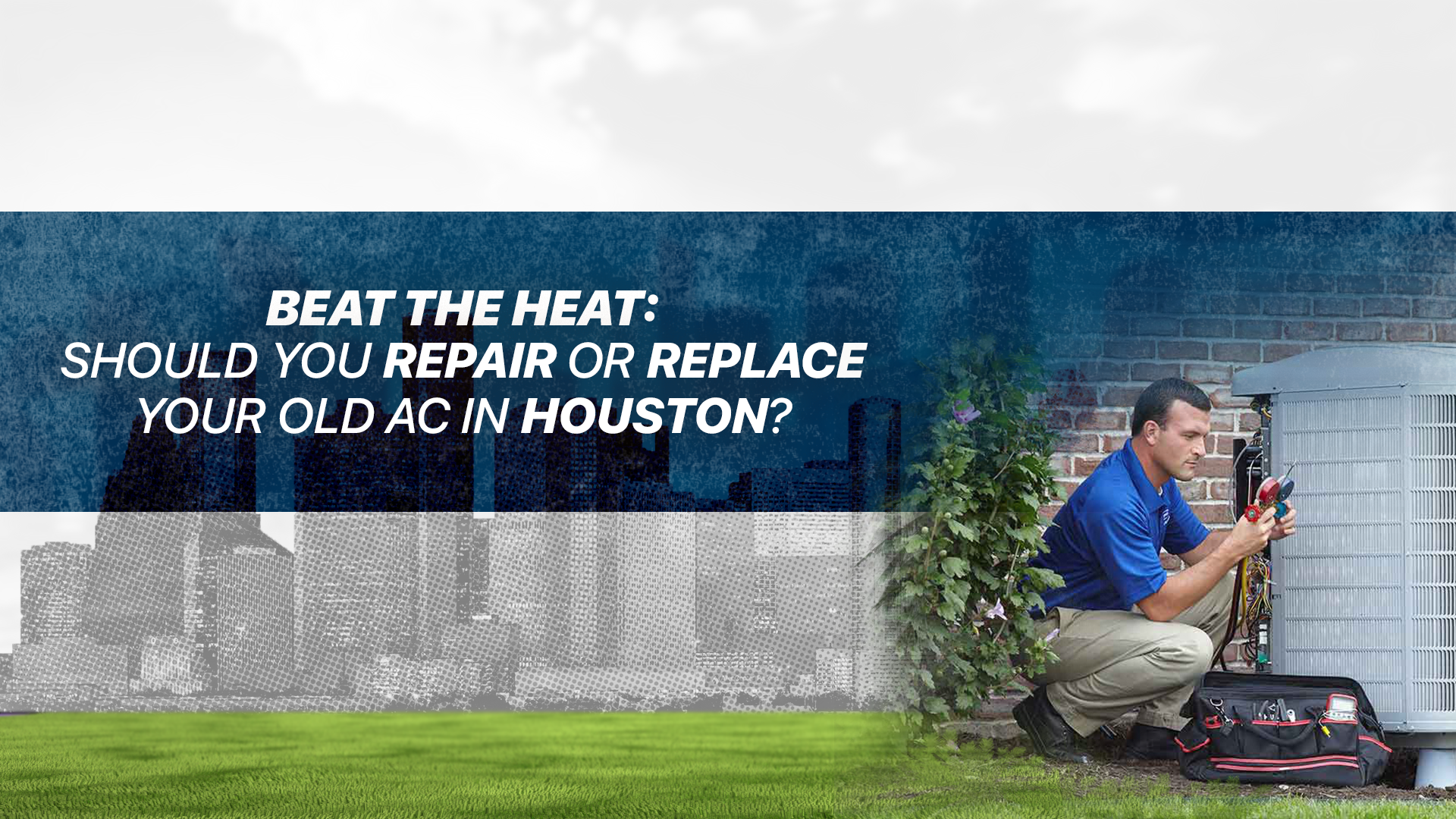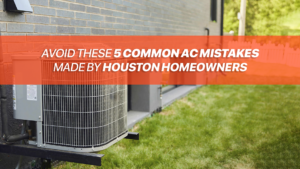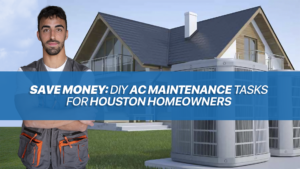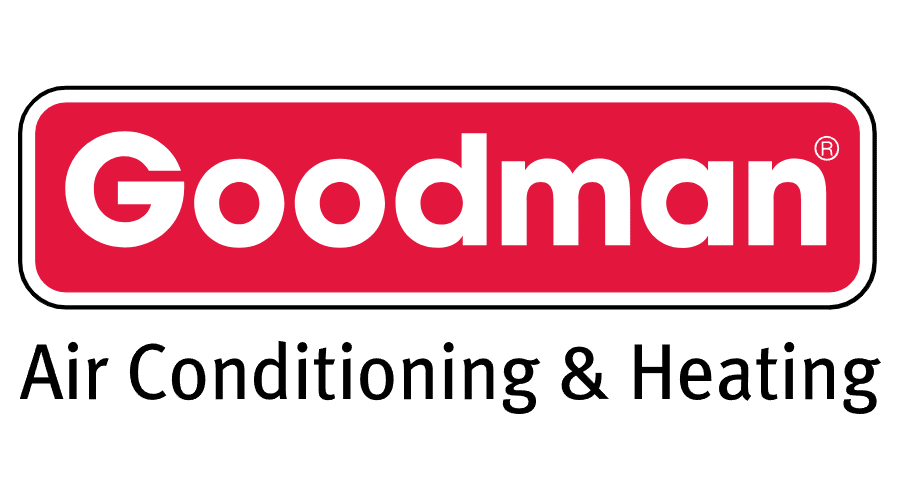The hot and humid Houston summers are brutal on air conditioning systems. As an AC unit ages, breakdowns become more frequent, repairs get pricier, and energy bills skyrocket. Homeowners eventually face the critical decision of whether to keep fixing an old AC or invest in a new one.
Replacing an air conditioner is a major expense, so the choice can be overwhelming. But by carefully weighing factors like age, efficiency, and repair costs, Houston homeowners can make the right call to stay comfortable. This guide examines when it makes sense to repair or replace an aging AC in Houston’s climate.
How Long Do AC Units Last in Houston?
With regular maintenance, a quality AC unit should last about 15-20 years in Houston’s climate according to Turbo Home Services. However, lifespan varies based on brand, usage, and upkeep among other factors. Here are some signs your AC is aging and approaching replacement territory:
- It’s over 15 years old. Once an AC reaches this age, repairs tend to rapidly increase while efficiency declines. The older it gets beyond 15 years, the more likely major components will fail.
- Your energy bills keep increasing. If an AC is still functioning but your kWh usage and bills keep rising, the system may be operating inefficiently. Older units often lose up to 5% efficiency per year.
- It requires frequent repairs. If you’re calling the AC repair company every cooling season, it indicates an aging system prone to break downs. The repairs also get more expensive as parts fail.
- It fails to keep your home cool. When an AC can’t lower indoor temperatures to your desired level, it’s a sign of lost cooling capacity. An undersized system for your square footage could also be the culprit.
- The refrigerant leaks. Refrigerant (Freon) leaks indicate failing seals. While refrigerant can be recharged, leaks typically get worse over time and lead to low cooling performance.
If your AC shows any of the above warning signs, replacement may be imminent. Next, let’s explore average AC lifespans by type.
AC Lifespans by Type
Not all ACs are created equal when it comes to expected lifespan. The average length of service can vary significantly depending on the type of system.
- Central Air Conditioners: Central air conditioner units have lifespans between 15-20 years. They consist of two components: a condenser outside and an evaporator coil inside. Proper maintenance and cleaning can help a central AC reach the 20 year mark.
- Packaged Air Conditioners: Packaged ACs often last 10-15 years. With the condenser, evaporator, and blower all in one outdoor cabinet, they have more exposure to weather elements. Packaged units also tend to have lower efficiency ratings which take a toll over time.
- Ductless Mini-Split Air Conditioners : Mini-split systems are the newest AC technology. Their expected lifespan is 20+ years for the outdoor compressor and 15+ years for the indoor air handling units. Mini-splits have fewer parts to wear out compared to central ACs.
- Window Air Conditioners : Window ACs have the shortest lifespans at just 5-10 years. Their lifespan is reduced due to exposure to weather and damage risks in a window. Many homeowners view them as temporary cooling solutions.
The type of AC system you have determines if it’s lived a full life at 15 years old or is just middle-aged. Talk to a local AC pro about typical lifespan for your specific model.
Weighing AC Repair Costs vs. Replacement
The older an AC system gets, the more susceptible it becomes to breakdowns. Some parts like compressors and heat exchangers can be repaired, while others like evaporator coils need full replacement. Here are some factors to consider when weighing repair costs vs. replacement:
- Age of the AC Unit: If your AC is less than 10 years old, repairs are likely worthwhile to maximize your initial investment. If it’s over 15 years old, replacement may make sense to avoid frequent breakdowns.
- Cost of the Repair Parts: Minor repairs like refrigerant recharges or capacitor replacements under $200 are usually smart. But shelling out over $1,000 for a new heat exchanger or evaporator coil on an aging AC is harder to justify.
- Availability of Parts: If the AC model is outdated, replacement parts can be difficult to source. A new system may be the only option if parts are discontinued.
- Frequency of Repairs: If you’re repairing the AC every summer, replacement is likely the better investment. But an occasional minor repair on an otherwise reliable system can extend its lifespan.
- Improved Efficiency of New Models: A new AC unit can save up to 30% on energy costs with a higher SEER rating. The savings offset the higher upfront cost over 5-7 years.
To decide whether to repair or replace your AC, also get a professional assessment. A technician can evaluate the extent of the damage, costs, and options specific to your system.
Warning Signs It’s Time for a New AC
While repairs can be worthwhile for minor issues, certain problems indicate a complete system replacement is your best option. Here are some surefire signs your AC is too far gone:
- The Compressor is Failing : The compressor is the heart of an AC system. When it starts to fail, replacement is necessary as compressor issues can’t be repaired. Signs include overheating, strange noises, or leaking oil. A new compressor often costs as much as a new AC system.
- Refrigerant Leaks Have Become Severe
- Minor refrigerant leaks can be recharged, but major leaks indicate failing seals and poor system integrity. If refrigerant leaks are ongoing despite recharges, the AC likely needs replacement.
- The Evaporator Coil is Severely Damaged
- The evaporator coil is difficult to access and expensive to replace fully. If a technician determines the coil itself is damaged beyond repair, replacing the entire AC is typically the best option.
- Electric Control Board Failure
- If the circuit board that controls the AC’s electrical system fails, replacement parts can be scarce for older units. Trying to salvage a control board that’s shot isn’t worth it.
- You’ve Already Replaced Key Components
- If you’ve already replaced major parts like the compressor, evaporator coil, or blower motor in recent years, it’s usually smarter to replace the whole system. This avoids further breakdowns of aging components.
- The AC is Dangerously Outdated
- Older ACs can operate far below today’s safety and efficiency standards. Upgrading to a modern unit with advanced features is recommended.
Listen to your trusted AC technician’s advice if they recommend replacement rather than more repairs. At a certain point, investing in a new system is the right move.
Prioritizing Efficiency with a New AC
One key benefit of upgrading your air conditioner is improved energy efficiency. AC units lose about 5% efficiency per year as they age. After a decade, an AC commonly operates at 50-60% of its original efficiency.
New AC units can offer efficiency gains of 30% or more compared to older models. Efficiency is measured by the Seasonal Energy Efficiency Ratio (SEER). Look for a SEER of at least 14 for your new AC, but preferably 16-19 SEER.
Higher efficiency directly translates to lower electricity consumption and bills. It also reduces wear and tear on the AC system.
For the biggest efficiency gain, consider upgrading from an older central AC system to a ductless mini-split system. Mini-split ACs can operate at SEERs of 19-26 which drastically cuts energy use. Heat pump mini-splits also provide heating and cooling from one outdoor unit.
Get professional help selecting an appropriately sized, high-efficiency system for your home’s needs and climate. The higher upfront investment will pay off for years through energy savings.
New AC Options to Consider
Thanks to technological advancements, today’s AC units are smarter, quieter, and more energy efficient than ever. Here are some of the top options to consider when replacing your system:
Two-Stage Compressors
These compressors operate at low capacity during mild days and ramp up to high capacity on hotter days. By modulating based on conditions, they improve efficiency and comfort.
Inverter-Driven Compressors
Inverter technology finely tunes cooling output to match your AC’s load. This allows it to always run at peak efficiency for massive energy savings.
Variable-Speed Blowers
By adjusting airflow speed based on conditions, variable-speed blower motors enhance efficiency and reduce operating noise.
Smart AC Systems
Smart, connected ACs let you control temperatures and settings from anywhere. Advanced diagnostics also detect issues early to improve reliability.
Ductless Mini-Split Units
Mini-split systems provide targeted cooling and are 50% more efficient than central ACs. Their flexibility makes adding “zones” for additions simple.
Today’s AC technology offers greater energy savings, precision temperature control, and connectivity. Discuss the many new features available with your HVAC pro to pick the best system for your home.
Signs It’s a Good Time for AC Replacement
With Houston’s hot summers, a non-functioning AC is an emergency. But even if your aging AC still runs, replacing it can be the wise financial move under certain circumstances:
- Your current AC is over 15 years old
- Repair costs are exceeding $500 annually
- Electricity bills keep rising despite attempts to lower costs
- You plan to stay in your home long-term
- There are new rebates/incentives available on AC replacements
- Energy-efficient options have advanced since you last replaced your AC
View AC replacement as an investment that returns money saved on energy and repairs. With the right AC model, the upgrade pays for itself within 5-7 years. Then you get over a decade of nearly maintenance-free operation.
Is Repairing Your Old AC Worth It?
While replacement is recommended for aging, inefficient systems, repairs can be justified in certain scenarios:
- Your AC unit is less than 10 years old
- The needed repair is minor like refrigerant recharge or capacitor swap
- No major components like the compressor or coils need replacing
- Your local HVAC technician recommends maximizing the existing unit’s usable lifespan
Repairs make sense if you can get a few more years out of your AC affordably. But once major components falter, it’s time to weigh replacement. Avoid throwing good money after bad on an AC that’s lived its useful life.
Questions to Ask Your HVAC Pro
When deciding between repairing or replacing your AC in Houston, lean on the expertise of local professionals like Turbo Home Services. Here are some questions to ask:
- How old is my AC system? What’s the typical lifespan for this model?
- What’s the SEER rating of my current AC? How much efficiency is it losing yearly?
- What specifically is wrong with my AC, and how much will repairs cost?
- If I replace, how much can I save on energy costs annually with a higher efficiency system?
- Should I repair my current AC or does replacement make more sense based on its age and condition?
- What AC options would you recommend if I do need to replace the system?
Get quotes from multiple, qualified HVAC companies before committing to major AC repairs or replacement. And remember to ask if they offer rebates, financing, or special offers to offset the investment.
Prioritize Comfort and Cost Savings with a New AC
Houston’s long summers mean homeowners use their air conditioning for a good half of the year. With an aging, inefficient AC, you’ll face mounting repair bills, costly breakdowns, and uncomfortable temperatures just when you need relief most.
Rather than sinking more money into an old unit, investing in a new, energy-efficient AC system can pay dividends for over a decade through upgraded comfort and lower energy consumption. Your home will become an oasis from the heat.
Be sure to explore all your options, get multiple estimates, and ask the right questions of HVAC technicians. With the information in this guide, you can make the optimal decision between repairing or replacing your AC this summer. Don’t wait until a breakdown leaves you sweltering in the Houston heat – be proactive.
Beat the heat and call the AC experts at Turbo Home Services today at (281) 626-5938 to schedule a replacement or repair quote for your home. Their team has been providing honest, transparent quotes to Houston area homeowners for over 25 years.
